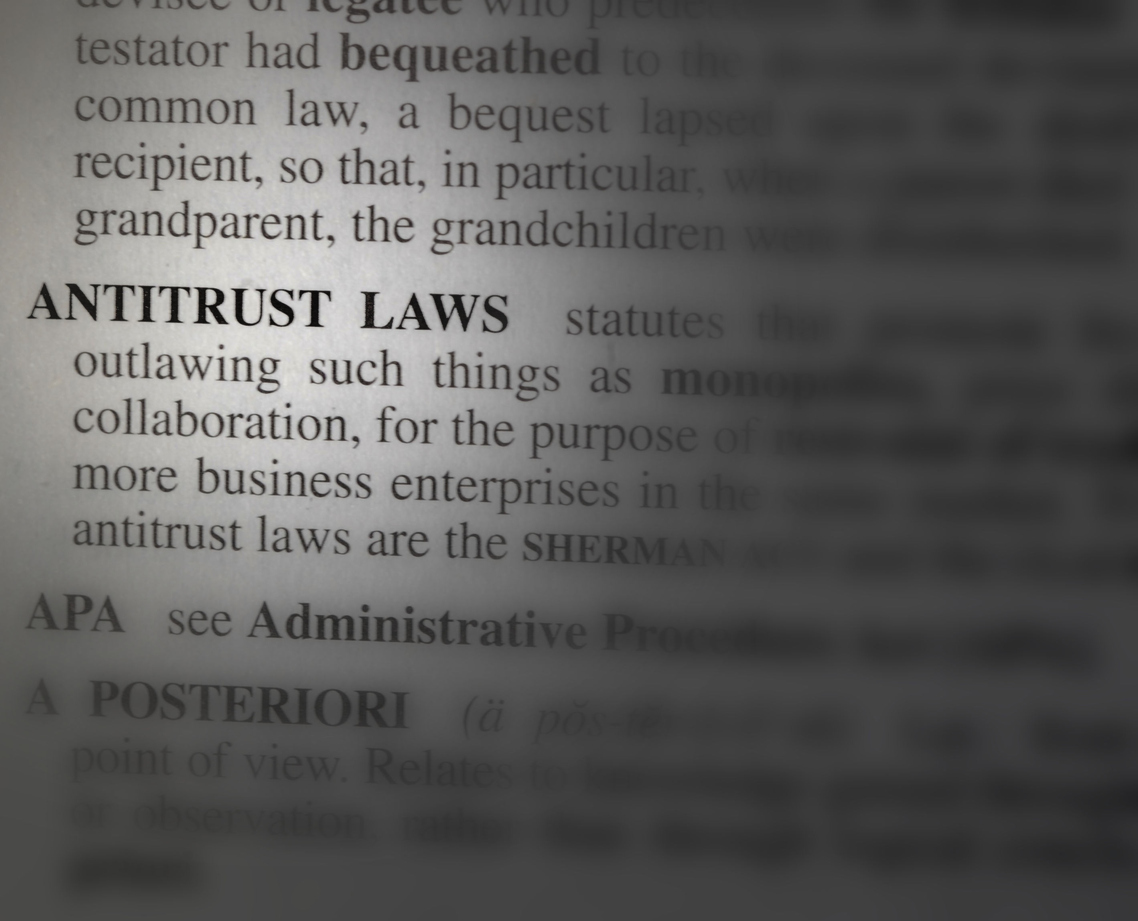Federal courts are creating an almost impossible barrier for policyholders trying to hold their insurance agents accountable for negligence involving National Flood Insurance Program (NFIP) policies. The reasoning by these courts defies common sense and leaves policyholders without recourse when agents fail to properly advise about or procure appropriate flood coverage. These federal decisions invite contempt of the law by ordinary people injured because of somebody else’s wrongdoing.
A recent case highlights this troubling trend. In Shabshelowitz v. Old Dominion Insurance Company, 1 a federal court in Florida followed other jurisdictions in holding that once a person has an NFIP policy, any interaction with their insurance agent regarding that policy is considered “claims handling” rather than “procurement.”
This distinction is crucial because federal law preempts (overrides) state law claims related to NFIP claims handling.
What makes this legal reasoning particularly bizarre is that it transforms an agent’s negligent acts in selling or servicing a policy into “claims handling” – even when no claim exists. Try explaining that logic to any reasonable person outside the legal profession. I am having potential clients yell at me as I try to explain what their federal government and Congress have allowed.
The Alice in Wonderland Effect
Consider this scenario: You meet with your agent to review your flood coverage needs. The agent negligently fails to change the appropriate coverage limits you ask for or misrepresents what coverage you have. Under normal circumstances, state law would allow you to hold that agent accountable for their professional negligence.
However, if you already have an NFIP policy, courts are now saying these interactions are magically transformed into “claims handling” activities. This is true even though:
- No claim has been filed
- The interaction is purely about insurance coverage
- The agent is clearly engaged in sales and advisory activities
It’s as if the courts are saying, “Everything is claims handling if we say it is, even when it clearly isn’t.”
Why This Matters
This judicial interpretation creates a dangerous gap in consumer protection. Insurance agents serve a crucial role in helping policyholders understand and obtain appropriate flood coverage. When agents fail in this duty, they should be held accountable like any other professional.
The current interpretation essentially gives agents immunity for their negligence once a policyholder has an NFIP policy. This removes important incentives for agents to exercise proper care in advising clients about flood insurance needs.
A Call for Change
The Shabshelowitz court’s interpretation stems from the Fifth Circuit’s decision in Spong v. Fidelity National Property & Casualty Insurance Company, 2 which other courts have followed. While federal preemption of NFIP claims handling makes sense to ensure uniform handling of flood claims, extending this preemption to routine policy sales and service defies both logic and public policy goals.
Either Congress needs to clarify that agent negligence in policy sales and service isn’t “claims handling,” or courts need to reconsider this overly broad interpretation. Until then, policyholders need to be extremely careful in their initial NFIP policy purchase, as they may have no recourse against agent negligence once the policy is in place.
The bottom line is that no amount of legal gymnastics can convince a reasonable person that an insurance agent’s negligence in selling or servicing a policy magically becomes “claims handling” just because an NFIP policy exists. Sometimes, the law creates fiction that only lawyers can love – this is one of those times.
Thought For The Day
The first duty of society is justice.
—Alexander Hamilton
1 Shabshelowitz v. Old Dominion Ins. Co., No.4:18-cv-10202 (S.D. Fla. Dec. 31, 2020).
2 Spong v. Fidelity National Prop. & Cas. Ins. Co., 787 F. 3d 296 (5th Cir. 2015).




